Sleep apnea is a potentially serious sleep disorder that happens when breathing is repeatedly interrupted due to a blockage in your nose or throat. This disruption keeps you in light sleep rather than the restorative sleep you need to be fully functioning the next day. Other serious symptoms of sleep apnea may include weight gain, stroke, heart disease, and high blood pressure.
There are different types of sleep apnea: obstructive sleep apnea, central sleep apnea, and complex sleep apnea (a combination of the two). The first is more common and happens when your throat muscles relax. The second is caused when your brain fails to send the right signals to the muscles that control your breathing.
If you’ve been feeling irritable or exhausted, or if you have a partner who complains of your snoring, you may have sleep apnea. After consulting your doctor, they may recommend you have a thorough evaluation by an ENT.
Common Causes
In a sleep apnea episode your airflow drops, causing the oxygen level in your blood to do the same. Your brain detects this and disturbs you enough to start your breathing again (causing you to gasp or choke).
Your risk for obstructive sleep apnea is increased if you:
- Are overweight
- Are male
- Have a relative with sleep apnea
- Are over 65 years old
- Are African American, Hispanic, or Pacific Islander
- Are a smoker
- Have allergies
- Have enlarged tonsils or adenoids
- Have a cold
Central sleep apnea’s risk factors:
- Male
- Heart disease
- Stroke
- Neurological disease
- Spinal or brainstem injury
Symptoms
As you can imagine, because sleep apnea disrupts your sleep, a major symptom is exhaustion during the day. If you feel sleep apnea is affecting you, ask your bed partner to watch for the common signs, or record yourself while sleeping. Common signs include choking or gasping in your sleep, snoring, or waking up repeatedly during the night.
Look for:
- Morning headaches
- Memory or learning problems
- Inability to concentrate
- Irritability or mood swings
- Waking up frequently to use the restroom
- Dry mouth or sore throat in the morning
Sleep apnea can be common in kids even if it’s not easy to recognize. They generally will be loud snorers, sleep in odd positions, have bad dreams, and have accidents at night.
Treatment Options
While this can be a scary diagnosis, there are a variety of treatment options.
Treatment you can do at home:
- Losing weight
- Quitting smoking
- Avoiding sedatives or alcohol before bedtime
- Maintaining a sleep schedule
- Sleeping on your side
- Opening your nasal passages (nasal dilator, breathing strips, or a neti pot)
When self-help treatments don’t seem to do the trick, see your doctor. They will be able to do a thorough evaluation of your symptoms to help you find an effective treatment.
Medical treatment:
- Using supplemental oxygen during sleep
- Breathing devices designed to manage sleep apnea
- Treating the underlying physiological cause of the sleep apnea
- Continuous Positive Airflow Pressure (CPAP): the most common treatment, which comes in the form of a mask-like machine that keeps your airway open when you sleep
- Provent: more expensive, newer form of treatment that is quieter, smaller, and goes over your nostrils for greater comfort
There are also dental devices and surgeries to help with sleep apnea. We suggest you speak with your doctor about your symptoms in order to find the treatment that’s best for you.
